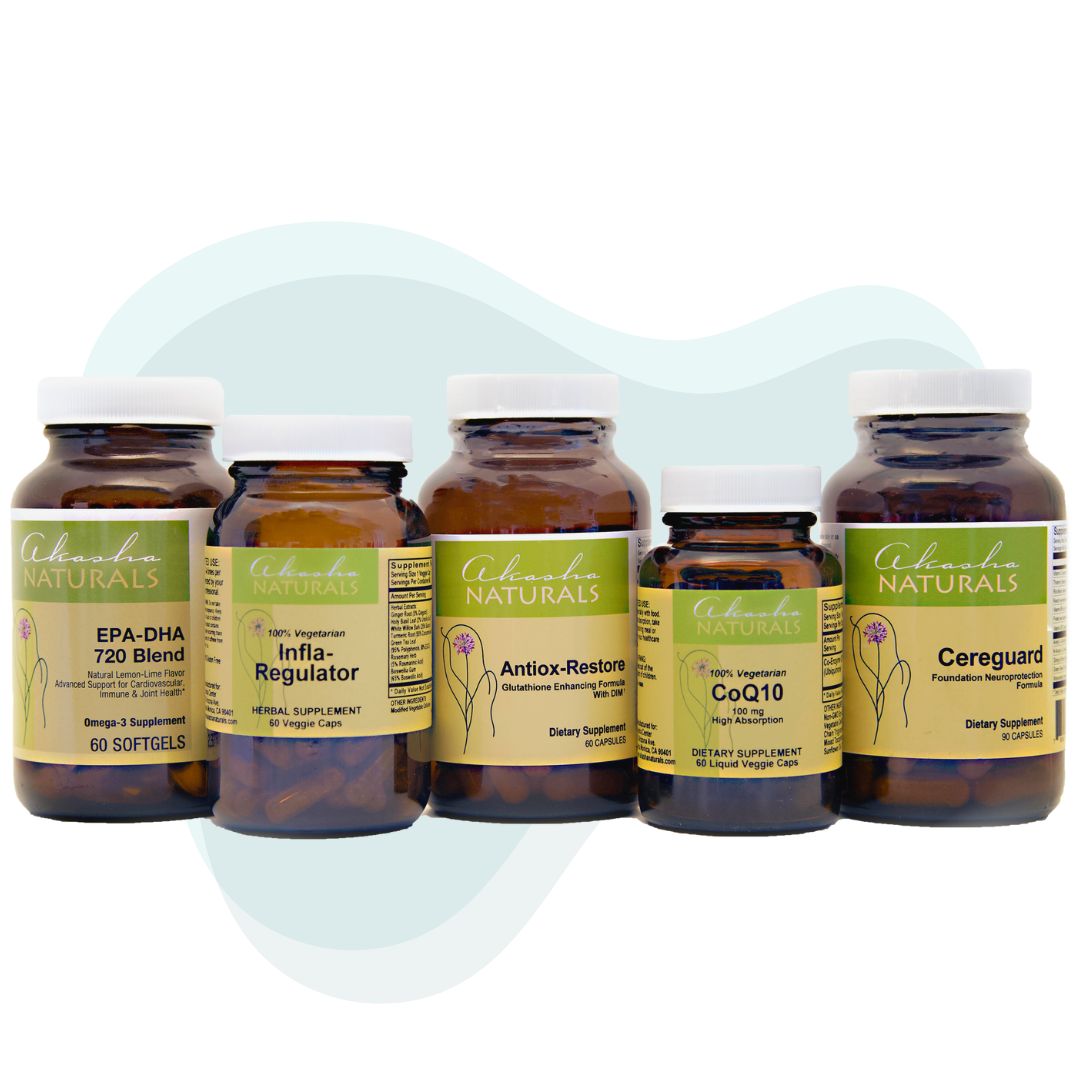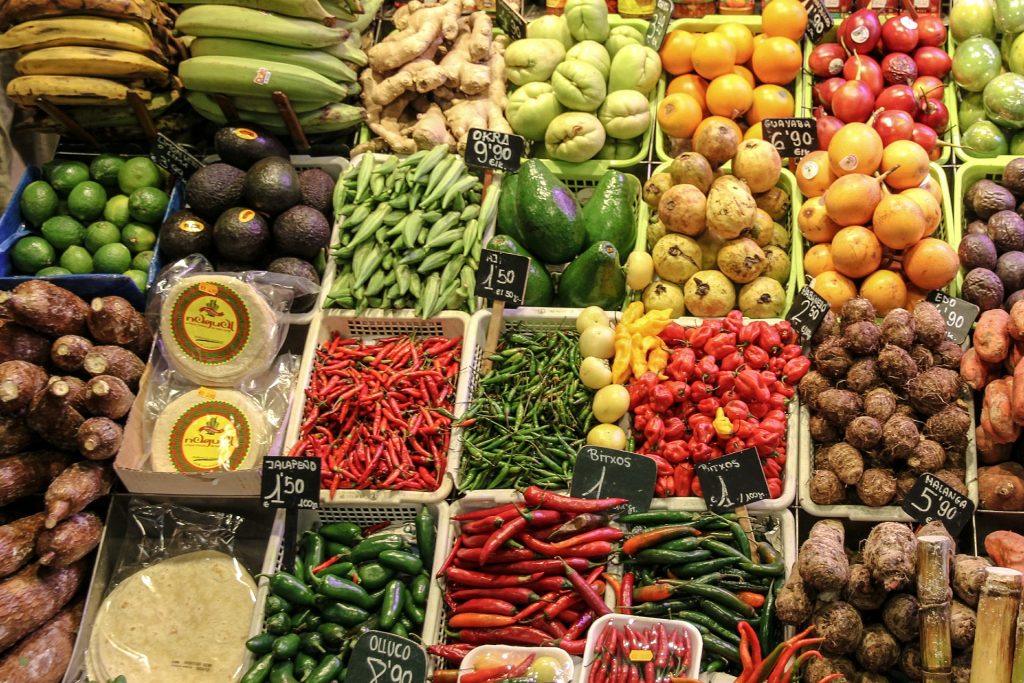By Kelsey Wood, RN
The Gut-Brain connection has been recognized in medical literature by leading innovators of integrative and functional health such as Harvard, Johns Hopkins, and the Cleveland Clinic. Our gut is literally our “second brain.” Many of us have experienced “gut feelings” or “butterflies in our stomachs.” The mind and body are interconnected, and each can affect the other in both positive and negative ways.
Previously, it was thought that the brain controlled the body and gut, but new research is showing that the gut communicates with the brain. Therefore, gut health is just as important as brain health since the gut bacteria (nearly 6 pounds!) in the microbiome communicate directly with the brain via the gut-brain axis, vagus nerve, and specialized communication chemicals called neurotransmitters. Research shows that supporting the gut microbiome can have positive effects on mental health, stress levels, mood, and neurological conditions.
Food
So, what can we do in our daily lives to simultaneously promote brain and gut health for synergistic health benefits? The first step is to eliminate or significantly reduce processed products and sugars such as soda, refined carbohydrates, and fried foods. These foods are usually very high in sugar, fats, and chemicals. Eating non-processed, whole foods should be the first step to promoting gut health. Non-processed means eating the food as close to how nature grew it. For example, apples are not a processed food off of the tree, but turning them into apple sauce or apple juice puts them through a process of heating, mashing, etc. that denatures vitamins, minerals, and enzymes.
Minimally processed foods also contain a subcategory of whole foods. Whole foods are similar and should be eaten as nature intended without added ingredients. An example would be to eat whole, raw, unprocessed nuts instead of the conventional nuts that are typically processed and have additives such as oils, salts, and chemical preservatives.
Next, add probiotic-rich foods to feed your microbiome, such as sauerkraut, kimchi, or low-sugar kombucha (fermented tea). Probiotics are live, healthy, beneficial bacteria we can consume to add to our gut microbiome. Prebiotics are the fibers and nutrients the probiotics eat. Eating a whole-foods focused diet should ensure enough prebiotics to feed your happy gut bacteria. Examples of prebiotics are apples, garlic, asparagus, bananas, onions, and dandelion greens. Supplements are also available to take additionally if pre and probiotic intake is not sufficient through diet alone.
When choosing foods, it is crucial to focus on chemical reduction and as close to nature as possible. When available, choose local and organic. The Dirty Dozen lists 12 foods that are heavily contaminated with pesticides (which reek havoc on your sensitive gut bacteria). Try to buy those dozen foods organic. The Clean 15 lists 15 foods that are least contaminated with gut disrupting chemicals, pesticides, and herbicides.
References
https://nccih.nih.gov/news/events/IMlectures/gut-brain
https://gut.bmj.com/content/68/9/1701
https://gut.bmj.com/content/68/9/1701.long?int_source=trendmd&int_medium=cpc&int_campaign=usage-042019
https://www.health.harvard.edu/blog/gut-feelings-how-food-affects-your-mood-2018120715548
https://www.amymyersmd.com/2018/10/10-prebiotic-foods/
https://www.ncbi.nlm.nih.gov/pmc/articles/PMC5641835/







